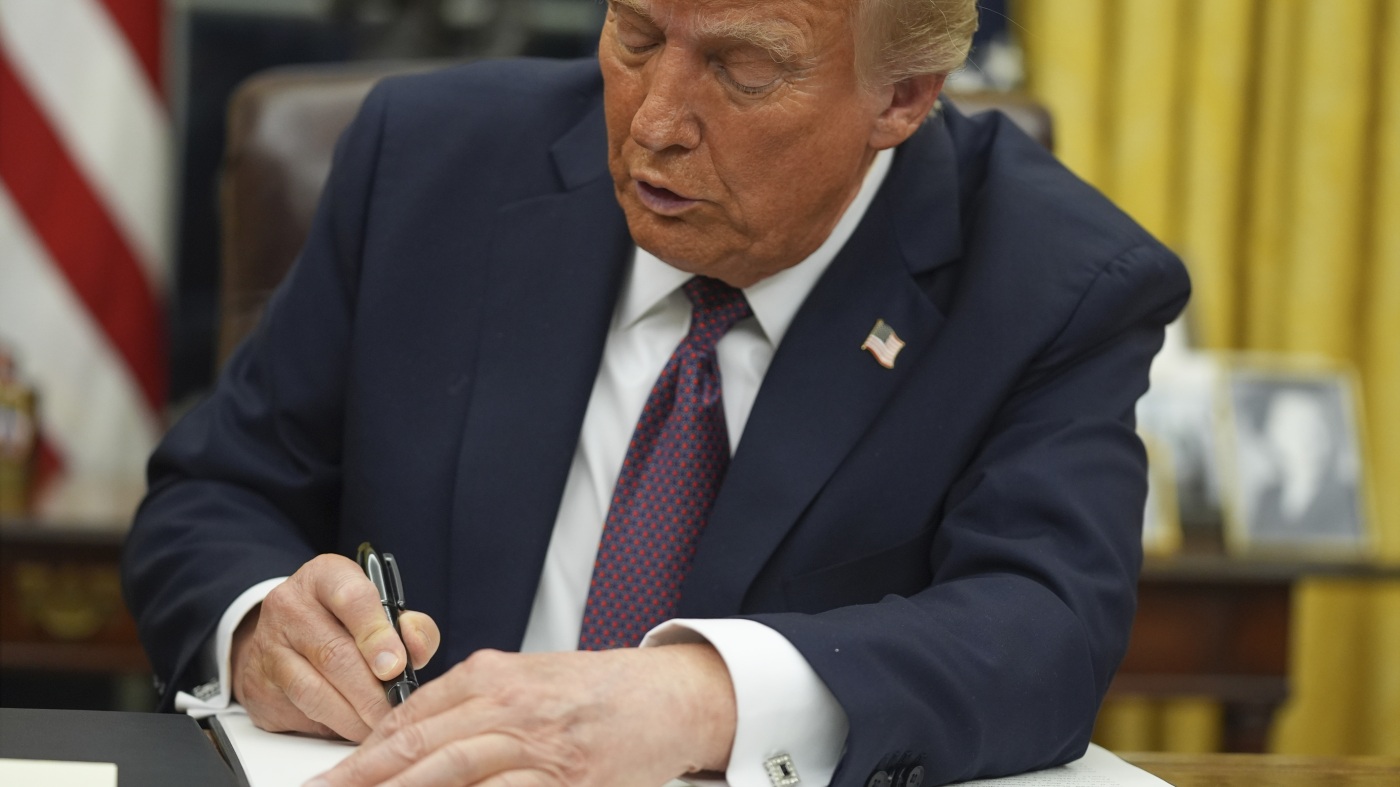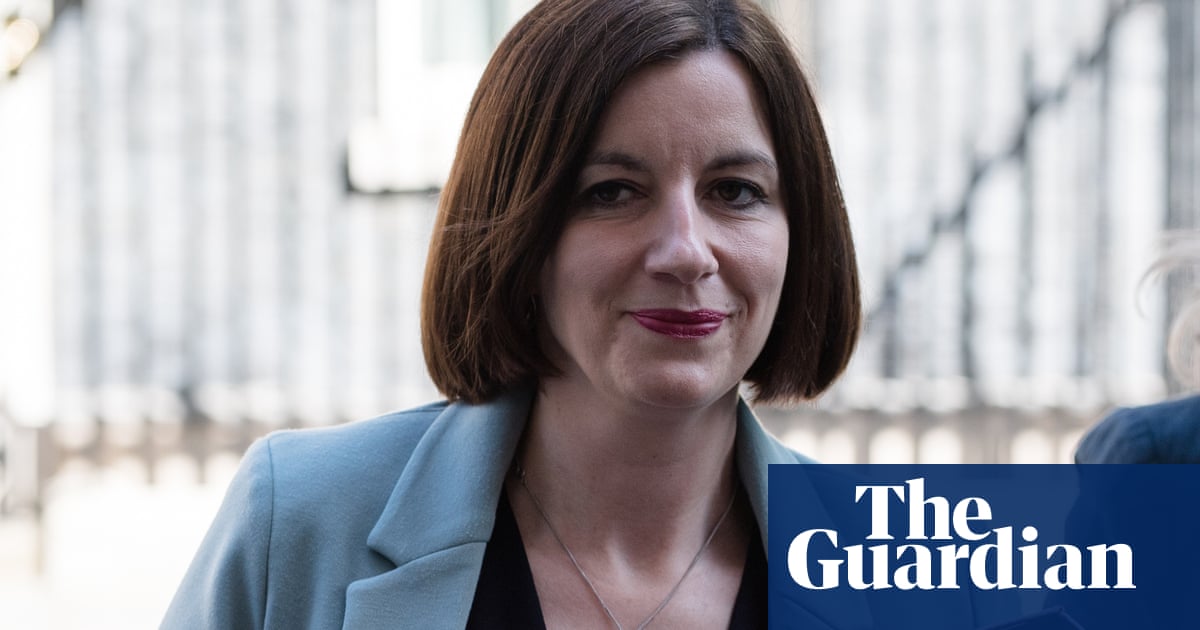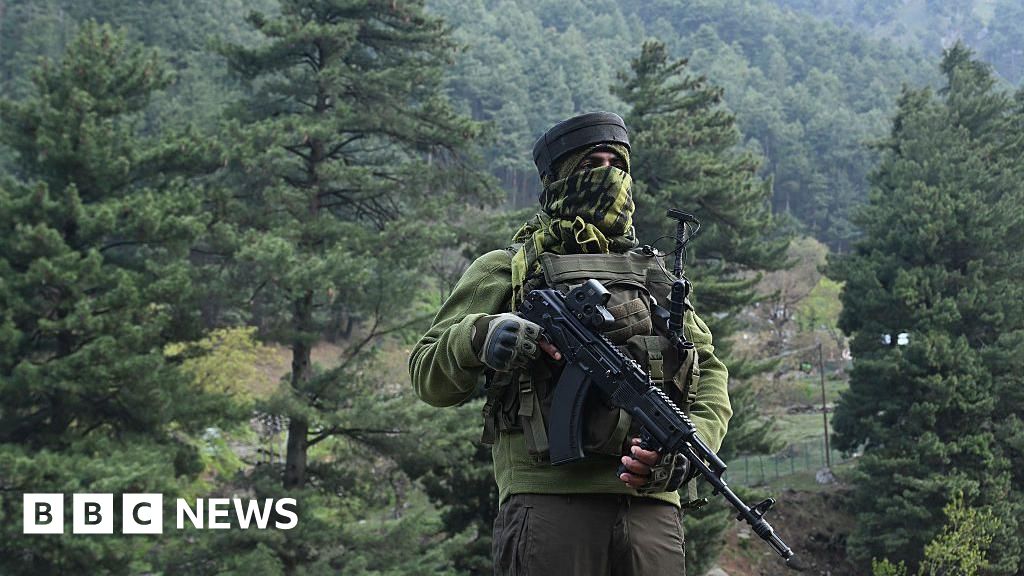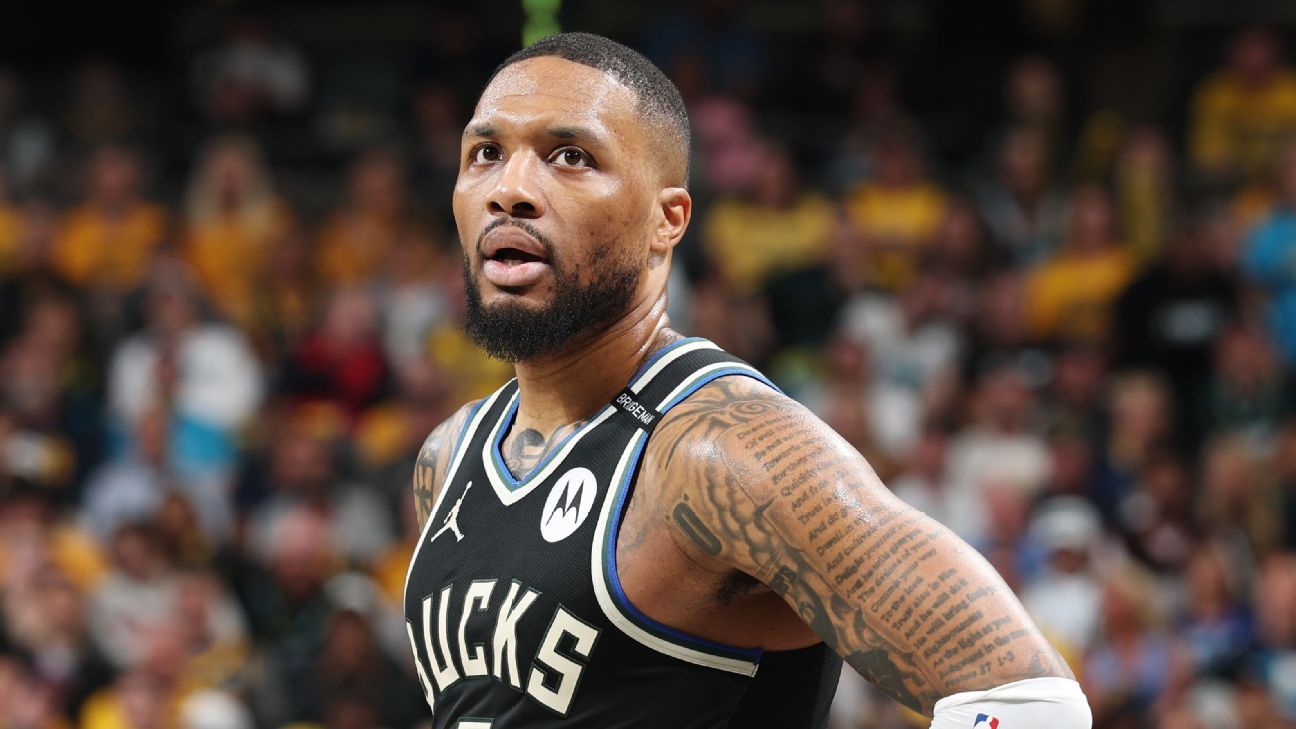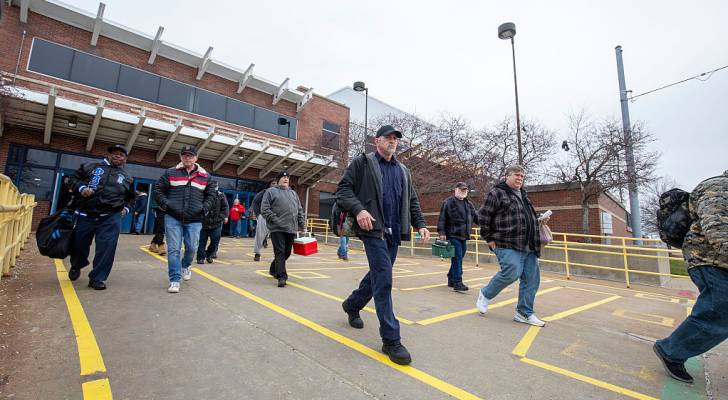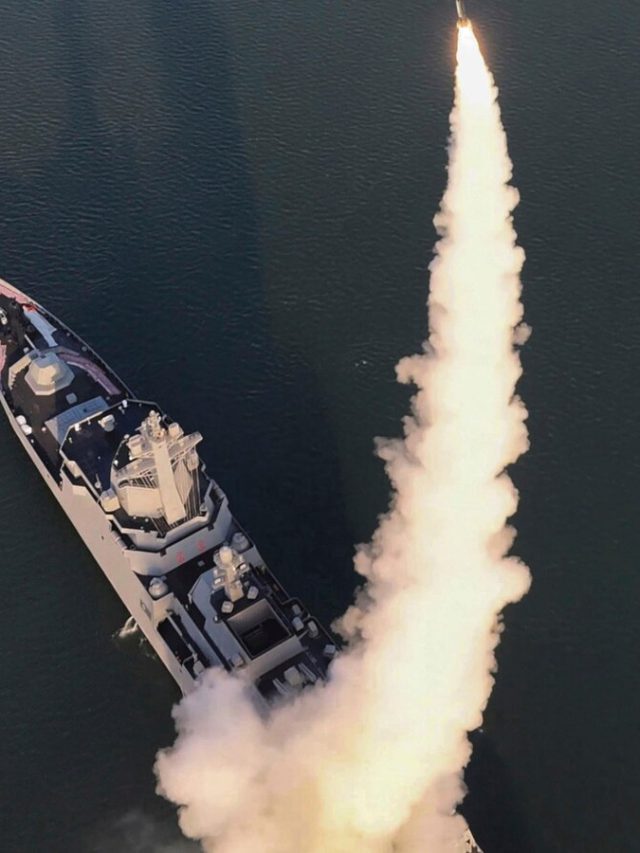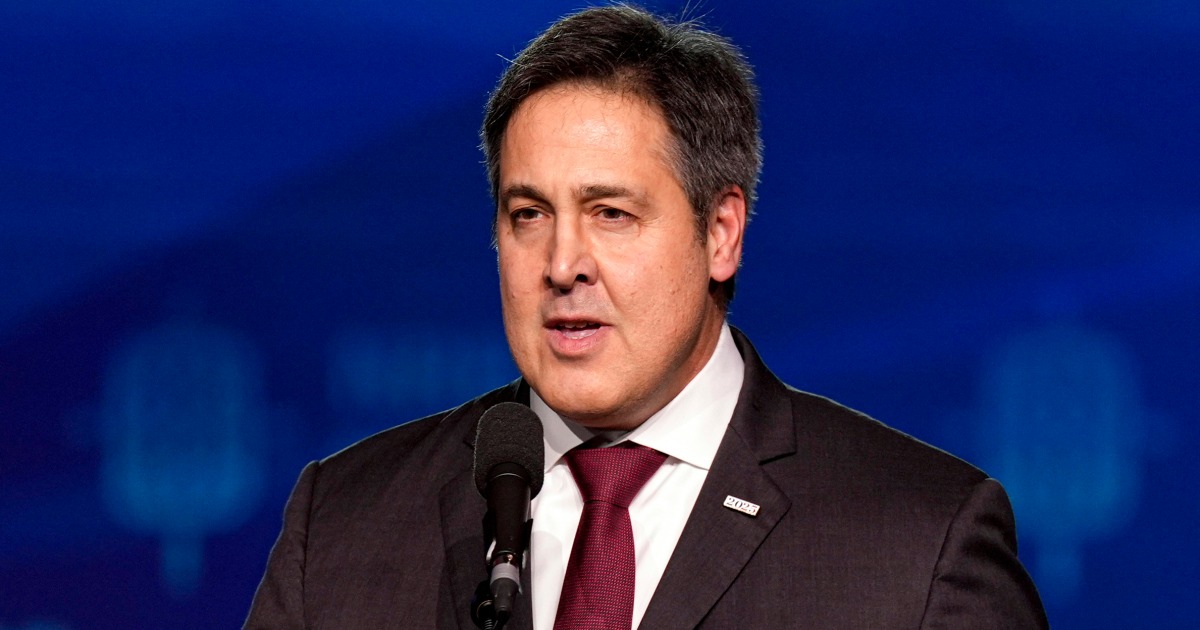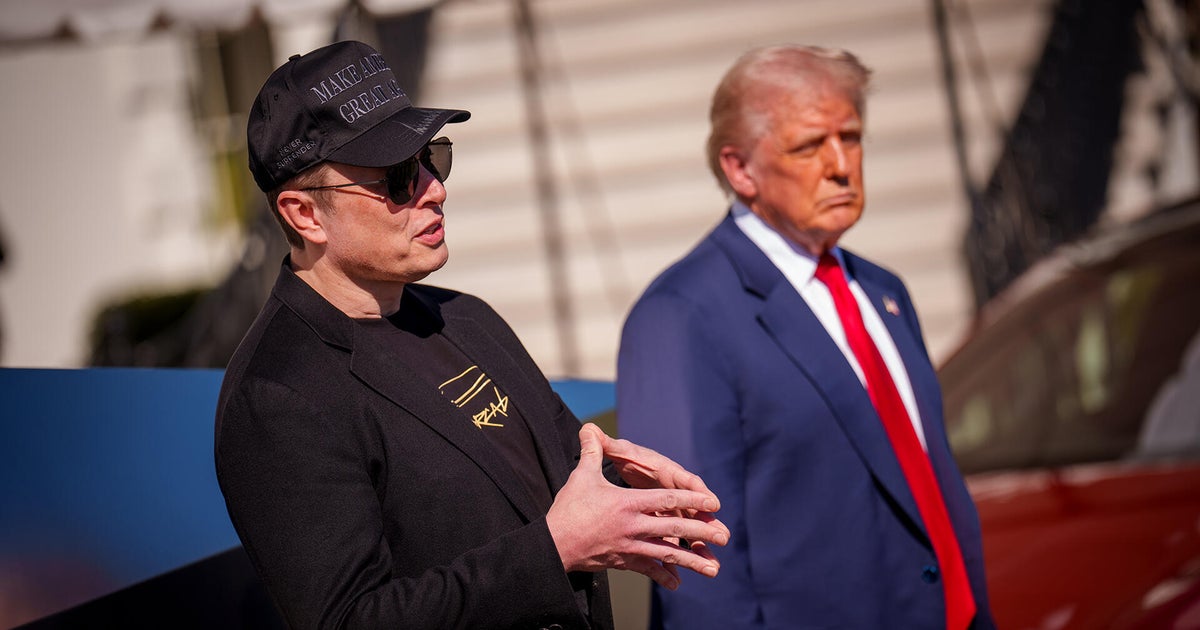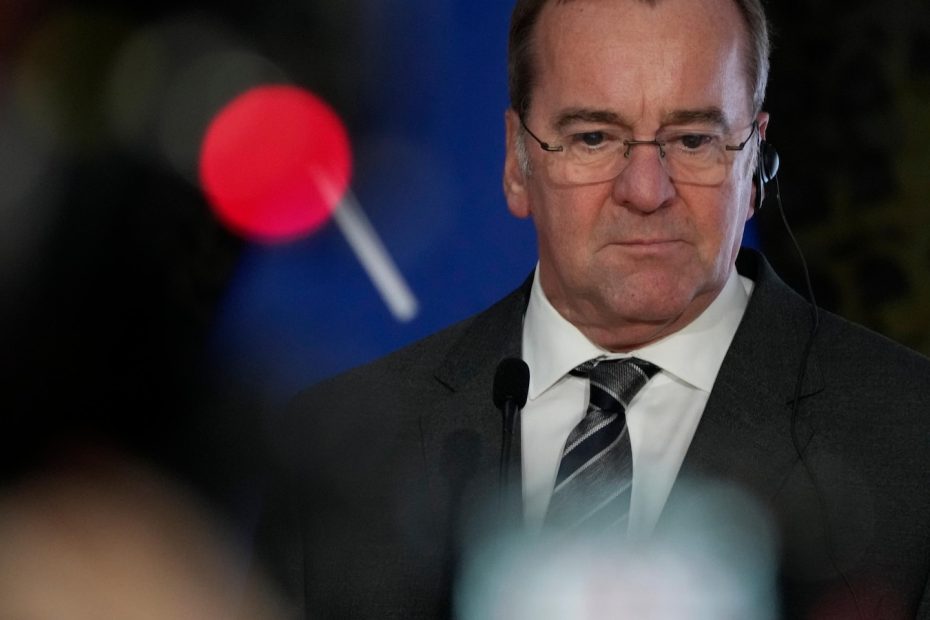European defense heavyweight says meeting Trump's military spending targets won't be easy
Warsaw, Poland—— Defense ministers from Europe's five top military spenders said on Monday they wanted to continue increasing defense investment but said meeting President-elect Donald Trump's challenge of spending 5% of their overall economic output was complex.
Defense ministers from Germany, France, Britain, Italy and Poland gathered near Warsaw for the meeting in a new format established last year after Trump was re-elected. The first meeting of this format among the five NATO members took place in Berlin at the end of November.
The five are seeking ways to maintain support for Ukraine in anticipation of a shift in U.S. policy under Trump. They also discussed how to strengthen Ukraine's own weapons production capabilities.
German Minister Boris Pistorius stressed at the start of the meeting that they all support a just peace in Ukraine and that Kyiv has a say in its fate. Europe is concerned that Trump could force Ukraine to make unacceptable concessions to Russia.
Defense leaders also discussed military spending after Trump recently called on NATO allies to spend 5% of gross domestic product, a level that NATO members have yet to reach – not even Poland, which comes closest. reached, with its spending accounting for more than 4% of GDP expected to approach 5% this year.
Several ministers said it was not enough to focus solely on percentage figures.
“I just think that a static debate about percentages doesn't really help us if in the end the mutually agreed goals of NATO are not achieved,” Pistorius told a joint press conference. “That, in my opinion, is what matters most.” of. “
He also said that for Germany, investing 5% in defense means spending a little more than 40% of its entire national budget on defense. “I think this will end the debate very quickly,” he said.
Italian Foreign Minister Guido Crosetto said the Italian government knew it needed to increase defense spending, but it also needed to weigh this against reviving the economy.
“Increasing defense spending during times of economic crisis is more complicated than other times,” Crosetto said. “If we combine the two, that is, if we make the European defense industry one of the ways we revive the economy, we can combine the two.”
French Defense Minister Sebastien Le Cornou said that although security spending will increase, they should not all be used for purely military purposes, but should also be used to protect society from cyberattacks, terrorism and other non- Military threats.
“You're all repeating 2%, 3%, 4% without really knowing what the point is,” Lekonou said in response to a reporter's question. “Well, let me get this straight. It's worse than it was during the Cold War. It's worse than it was during the Cold War simply because we have new areas of militarization that are basically digital,” Lecco said Nu said.
“You can see that we are in a world that can be defeated without being invaded. That means the responsibility for defending our country will go far beyond military matters,” Lekonou said.
